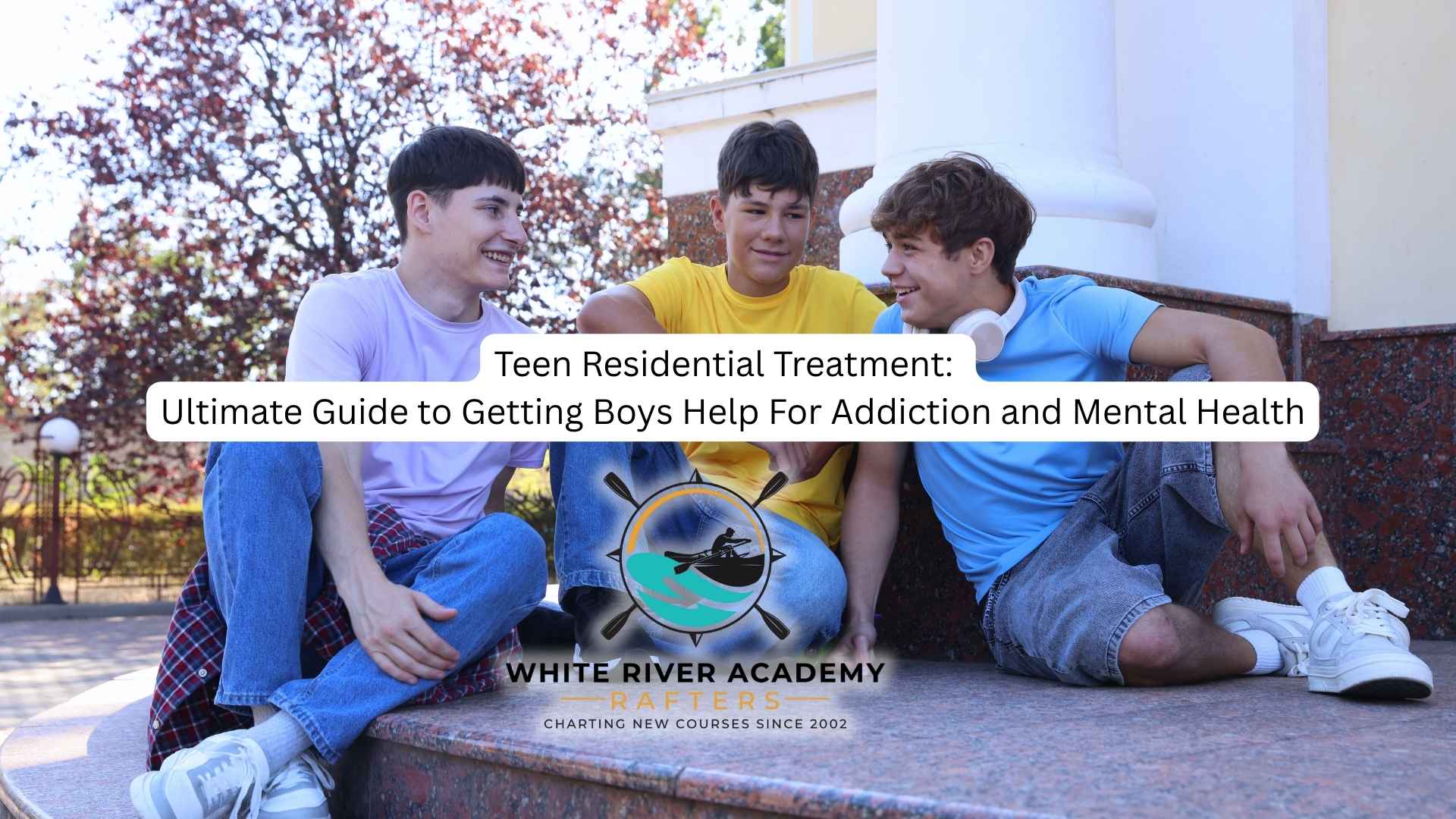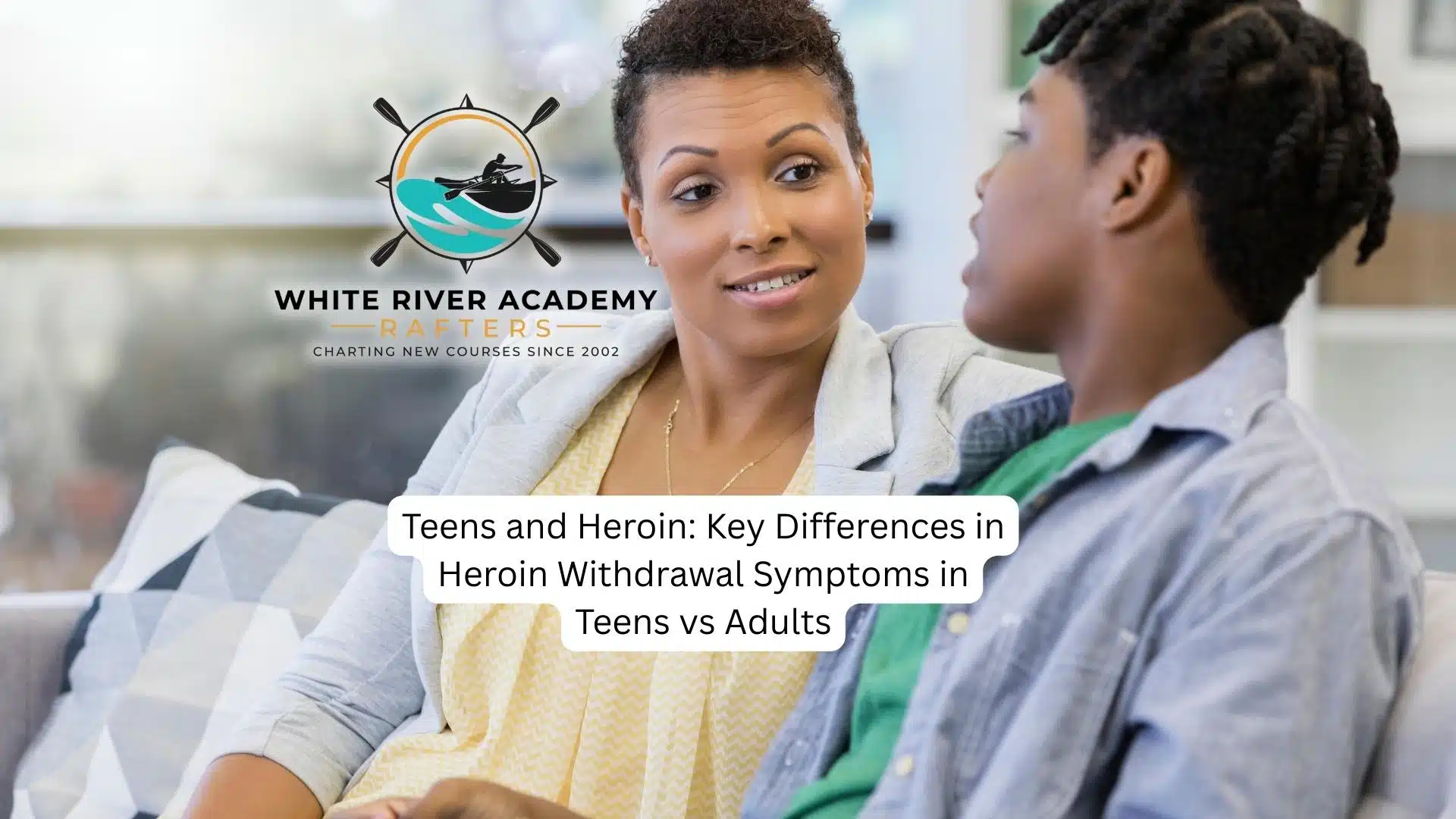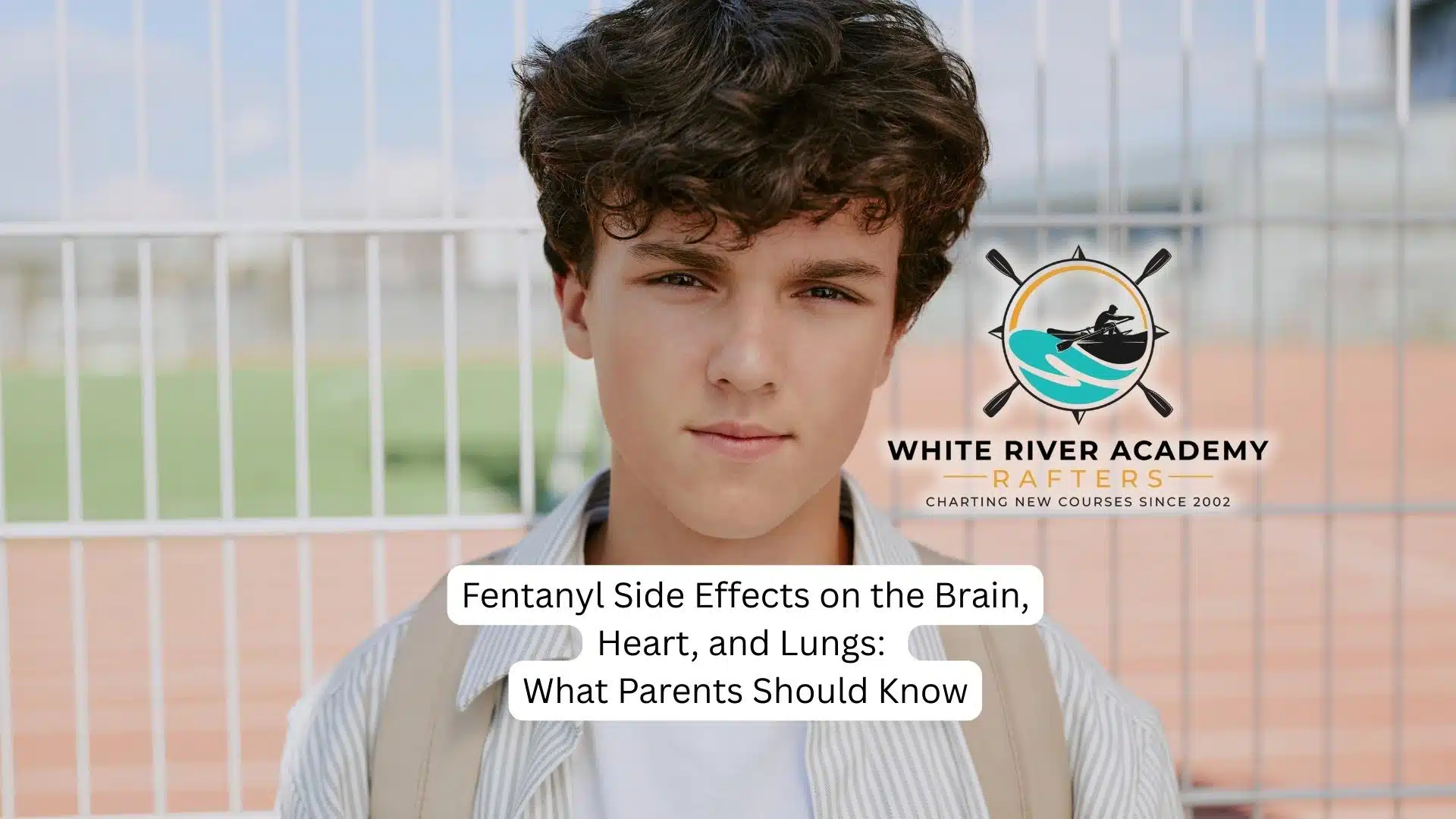In the current digital era, where adult content is readily accessible, countless young men find themselves trapped by this pervasive problem. As a parent, you may experience a range of emotions, including worry, bewilderment, and even self-blame. Nevertheless, it’s essential to keep in mind that your son requires your unwavering support and empathy more than ever during this challenging time.
The purpose of this article is to equip you with pragmatic and compassionate approaches to assist your son in overcoming his addiction to pornography.
Recognizing the Problem
It’s crucial to recognize potential signs, such as increased isolation, altered sleep patterns, reduced interest in social activities, or unexplained mood swings.
You should observe your son spending excessive time online, especially at night, or becoming defensive when asked about his internet usage. Be attentive to any sudden changes in academic performance or relationships with friends and family.
It’s also important to note any attempts to conceal browsing history or the presence of multiple private browsing windows.
However, it’s essential to approach this recognition process with sensitivity and without making hasty judgments. Many of these signs could also be indicative of other issues.
With proper guidance, support, and resources, which are all provided by pornography addiction treatment programs, your son can overcome his addiction to pornography and develop the necessary skills to live a healthy and fulfilling life.
Open Communication and Education
Starting an open and non-judgmental dialogue establishes a safe environment for your son to share his challenges and emotions without the fear of severe criticism or repercussions.
It’s essential to approach these discussions with empathy and understanding, recognizing the complexity of the situation while expressing your unwavering love and support.
Education is crucial in this journey, both for you and your son. Invest time in learning about the nature of pornography addiction, its impact on the brain, and the obstacles faced during recovery. Share this knowledge with your son in an age-appropriate way, helping him realize that his struggles are not a moral shortcoming but a multifaceted issue with neurological implications.
Engage in conversations about healthy sexuality, relationships, and the potential long-term effects of pornography addiction.

Opt for Professional Guidance
While the support of parents is priceless, the knowledge and skills of experienced professionals can offer targeted guidance and treatment approaches that are crucial for successful recovery.
A skilled therapist or counselor with expertise in treating addiction to pornography can provide evidence-based interventions customized to your son’s unique needs. These may include cognitive-behavioral therapy (CBT), which helps to identify and change unhelpful thought patterns and behaviors, or acceptance and commitment therapy (ACT), which aims to develop psychological flexibility.
Professional assistance can also address any underlying problems contributing to the addiction, such as anxiety, depression, or past trauma. Furthermore, therapists can equip your son with coping strategies and tools to manage urges and prevent relapse.
Practical Strategies and Accountability Development
Begin by installing content filters and parental controls on all devices to restrict access to explicit material. Establish clear rules for internet usage, such as keeping devices in common areas and setting time limits for online activities.
Encourage your son to engage in alternative activities and hobbies that promote personal growth and reduce idle time.
Developing an accountability system is essential for long-term success. This might involve setting up an accountability partner – a trusted friend, family member, or mentor who can provide support and check in regularly. Consider using accountability software that monitors online activity and sends reports to designated individuals.
Regular check-ins with your son to discuss progress, challenges, and feelings can help maintain open communication and reinforce his commitment to recovery. It’s important to approach these strategies collaboratively, involving your son in the process to foster a sense of ownership over his recovery journey.
Address Underlying Problems
Excessive pornography use is often a symptom of deeper emotional or psychological challenges. Stress, anxiety, depression, low self-esteem, or unresolved trauma may be contributing factors. It’s important to explore these potential root causes with empathy and patience.
Encourage your son to openly express his feelings and experiences, and consider professional counseling to help identify and work through these underlying issues.
Developing healthy coping mechanisms is essential in this process. Teach and model stress management techniques such as mindfulness, meditation, or physical exercise.
Work on building your son’s self-esteem by acknowledging his strengths and accomplishments, and help him set achievable goals. Address any family dynamics or environmental factors that may be contributing to his addiction.
Final Thoughts from White River Academy
White River Academy in Utah provides a unique and effective approach for parents seeking comprehensive support for their sons struggling with pornography addiction and other behavioral issues. Our residential therapeutic program for troubled male youth offers a range of evidence-based therapies and interventions. These are designed to address the root causes of addiction and promote lasting change.




